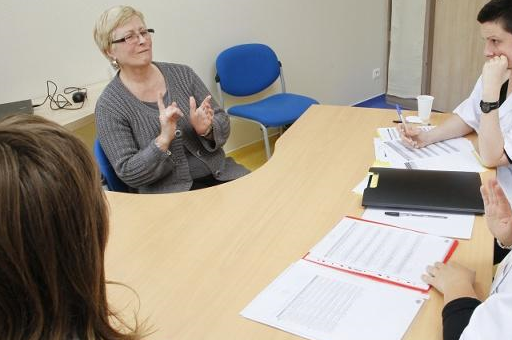Researchers have found that using computers, playing games, and engaging in social activities may reduce the risk of mild cognitive impairment. As we age, our brains undergo changes, and some individuals may experience issues with memory, thinking, or judgment.
Mild Cognitive Impairment (MCI) is an intermediate stage between age-related cognitive decline and dementia, although MCI does not significantly impact daily life and activities.
Individuals with mild cognitive impairment tend to forget things, lose their train of thought or conversation cues, and decision-making may leave them feeling puzzled. According to data from the Centers for Disease Control and Prevention (CDC), over 16 million Americans are affected by cognitive impairment.
Mild cognitive impairment may increase the risk of developing dementia, but not all individuals with MCI will develop this condition. So far, the U.S. Food and Drug Administration (FDA) has not approved any treatments specifically targeting MCI.
Lifestyle choices, such as physical exercise and intellectual stimulus, have positive effects on the brain. In recent years, researchers have conducted more studies to identify potential treatments to prevent cognitive decline.
Stimulating Activities Promote Brain Health
A new study suggests that using computers, playing games, engaging in crafts, and participating in social activities may decrease the risk of MCI. The research findings were published in the journal “Neurology,” the official medical journal of the American Academy of Neurology (AAN).
Researchers recruited 2,000 individuals over 70 years old without MCI and had them fill out a questionnaire to investigate the frequency of engaging in various mental stimulating activities during their 50s, 60s, and later years. Participants underwent cognitive and memory tests every 15 months and were monitored for an average of 5 years. During this period, 532 individuals developed MCI.
Among these participants, only 15 individuals used computers in middle age. In contrast, out of 1,468 participants without MCI, 77 had used computers at the same stage of their lives. Overall, each different type of mental stimulating activity has a positive impact on brain health.
Researchers found that the number of mental stimulating activities was also associated with the risk of MCI. In the study population, those engaged in two or more activities benefited more, with 28% and 45% lower likelihood of developing MCI compared to those who did not engage in any activities. Participating in four to five activities reduced the risk of MCI by 56% and 43%, respectively.
Although the study benefited from a large number of participants, researchers cautioned that the results were based on each individual’s recollection of engaging in mental stimulating activities during middle age. More research is needed to confirm these findings.
“Our study is observational, so it is important to note that while we found a lower risk of MCI associated with various mental stimulating activities, it is only a possibility, not a guarantee that these activities can reduce one’s risk of developing MCI. Individuals with MCI may not be able to engage in these activities regularly,” summarized Geda.


